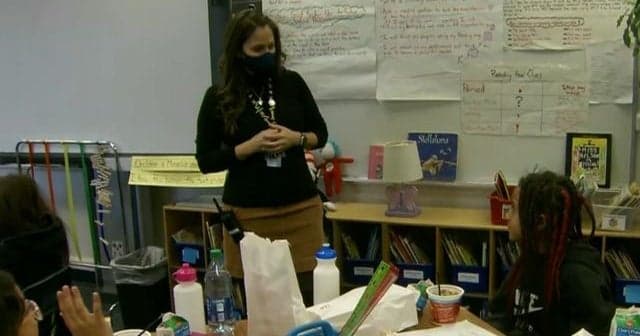SMU Claims First ACC Title in Cary, Wake County Hosts Semifinals
Southern Methodist University captured its first ACC men's soccer tournament title on November 16, 2025, beating top seed Virginia 1 to 0 at First Horizon Stadium at WakeMed Soccer Park in Cary. The tournament ran November 5 through November 16, the bracket and match outcomes were updated through the conclusion, and the event underscored Wake County's role as a regional host for major collegiate soccer championships.

Southern Methodist University won the 2025 Atlantic Coast Conference men's soccer tournament with a 1 to 0 victory over top seed Virginia on November 16, closing a tournament that began on November 5. The semifinal and final rounds were staged at First Horizon Stadium at WakeMed Soccer Park in Cary, while early round matches were played on campus sites across the conference. SMU midfielder Slade Starnes was named the tournament most valuable player as the bracket and match results were recorded and updated through the tournament conclusion.
For Wake County the event put national collegiate competition in the spotlight again. Hosting the semifinals and final at WakeMed Soccer Park reinforced Cary and the broader county as a regular regional site for major college soccer championships. Local leaders and business owners reported increased activity in the area during the later rounds as visiting teams and supporters converged on the stadium and nearby hospitality venues.
The local economic benefits of hosting postseason collegiate sports are multifaceted. Hotels, restaurants, and retail outlets typically see added revenue from traveling fans and teams. Beyond near term commercial gains, such events can help justify and sustain investments in sports infrastructure that attract future tournaments. Community groups and organizers also note the intangible benefits, including increased visibility for youth soccer programs and opportunities for local volunteers and seasonal workers to gain event experience.
Public health and public safety considerations were central to event planning and execution. Large gatherings such as conference tournaments require coordination among event organizers, local emergency medical services, and county public health staff to ensure timely response to injuries and medical needs. The tournament organizers updated attendance and match outcome information through November 16, enabling local authorities to review crowd management, transportation flows, and emergency response after the event. Ensuring accessible transportation options and clear communication about parking and transit helps minimize congestion, reduces exposure risks for vulnerable residents, and supports equitable access to events.
The tournament also highlights equity questions that come with major sporting events. Policymakers and community advocates in Wake County face ongoing decisions about how to share benefits more broadly. That includes promoting inclusive ticketing practices, ensuring disability access, expanding language and outreach services so diverse communities can participate, and creating pathways for local small businesses to contract for event services.
As Cary and Wake County look ahead, the successful hosting of the ACC semifinals and final strengthens the area’s reputation as a reliable site for collegiate championships. The experience from November 5 through November 16 will inform future planning around transportation, health service coordination, and community engagement so that the county can maximize the social and economic benefits of hosting major sporting events while addressing equity and public health needs.


